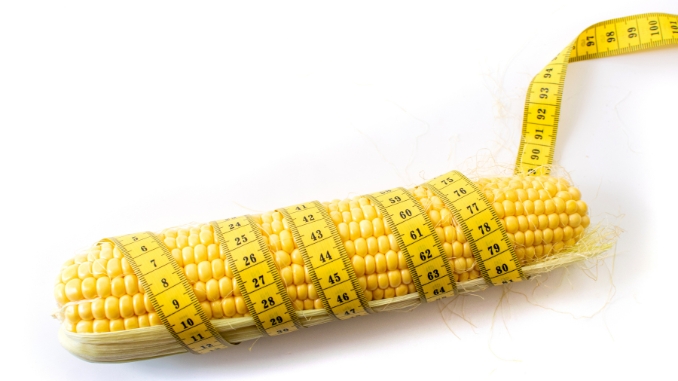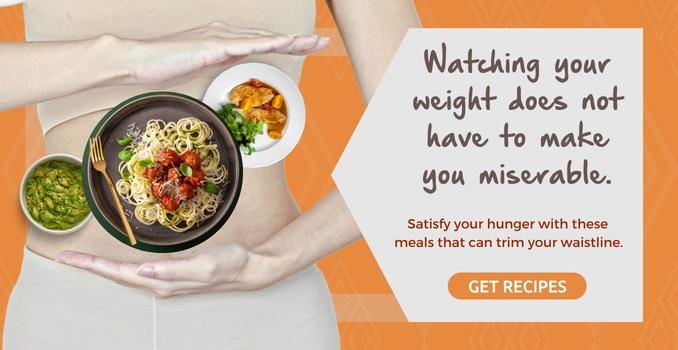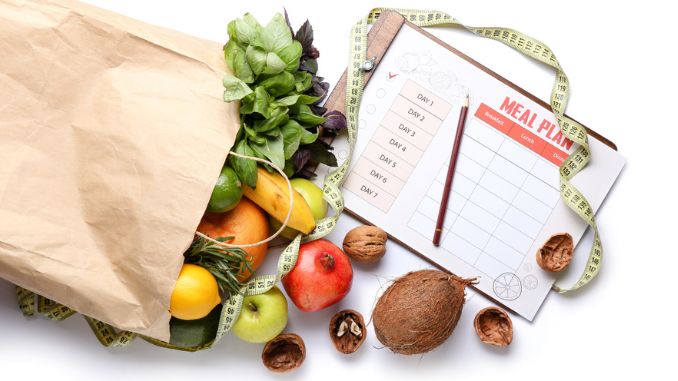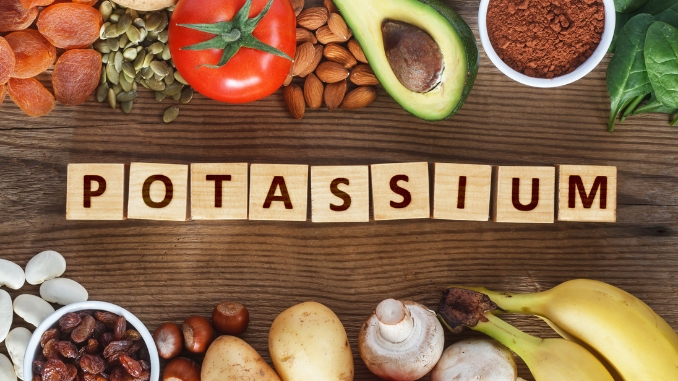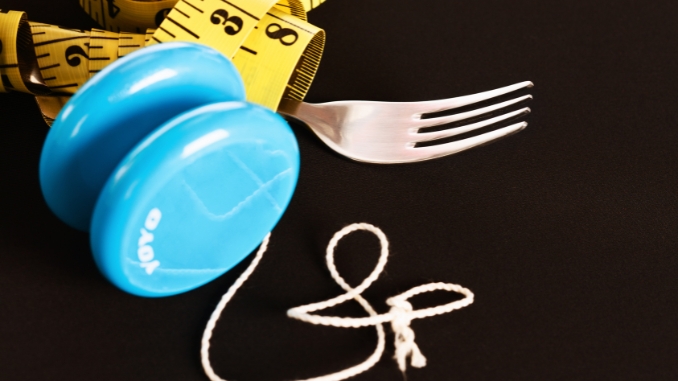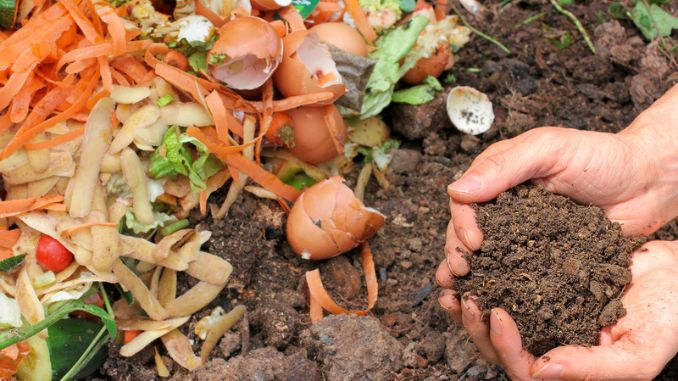Corn is often confused in weight loss contexts—some see it as a fattening grain to avoid, while others consider it a healthy weight loss aid.
This article aims to clarify corn's role in dieting by examining its nutritional value, calorie content, and how it fits into a balanced diet. We'll debunk myths about corn's effect on weight management, helping you make informed dietary choices.
Understanding corn's true impact on weight can help you make healthier decisions, whether you're currently avoiding it or incorporating it into your weight loss plan.
Nutritional Value of Corn
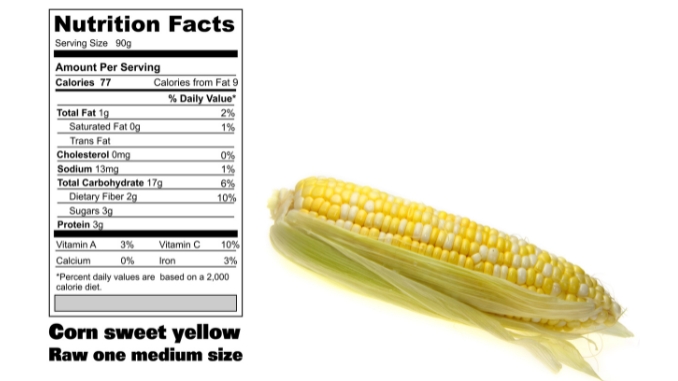
Corn is a versatile grain that is enjoyed in various forms around the world. Understanding its nutritional value is essential in determining its role in weight loss.
One cup of cooked yellow corn contains approximately 177 calories, making it a moderately calorie-dense food [¹] It is also a good source of fiber, with around 4 grams per serving. Corn contains vitamins and minerals, including vitamin C, thiamin, folate, and magnesium.
However, it's important to note that corn's nutritional content can vary depending on the variety and preparation method.
Sweet corn, commonly consumed in its fresh form, tends to be higher in sugar than other types of corn. Frozen or canned corn may also contain added salt or sugar, so it's important to check the label for additional ingredients.
Can Corn Help With Weight Loss?
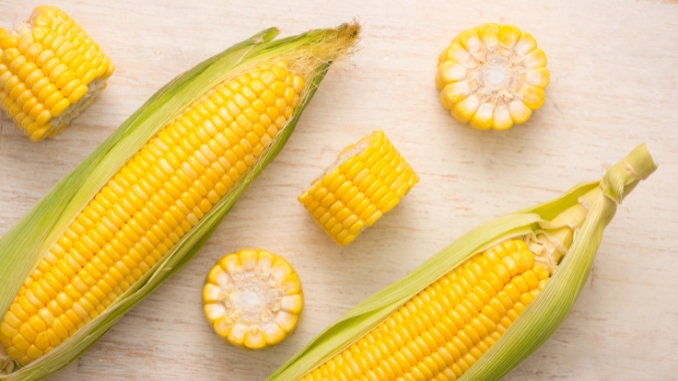
Creating a calorie deficit by consuming fewer calories than the body needs is crucial for weight loss.
Corn contains calories and can fit into a weight-loss diet if eaten in moderation. Its fiber content helps promote fullness and aids digestion, reducing overall calorie intake and supporting weight loss [²]
Corn, a whole grain, also provides complex carbohydrates that offer sustained energy and help stabilize blood sugar levels, preventing spikes that might lead to overeating.
However, it's important to incorporate corn into a balanced meal plan alongside lean proteins, healthy fats, and various vegetables, ensuring it contributes to a diverse and nutritious diet.
The Effectiveness of Fiber in Weight Control and Corn’s Role in the Process
Fiber is crucial for weight loss. It adds bulk to your diet, helping you feel full with fewer calories.
Whole-kernel corn is a good source of dietary fiber, which aids digestion, prevents constipation, and regulates blood sugar levels.
Fiber also helps reduce cravings for high-calorie foods and has a lower energy density, making it easier to maintain a calorie deficit.
While corn can boost your fiber intake, it's important to include a variety of other fiber-rich foods, such as fruits, vegetables, and whole grains, for overall health and effective weight management.
Corn and Weight Loss: Separating Myths from Facts
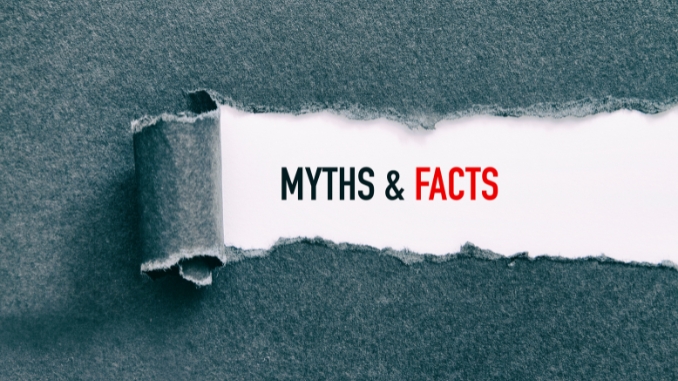
- Myth - Corn is too high in sugar and carbohydrates to be good for weight loss.
- Fact - Corn is a natural source of carbohydrates. It has a moderate glycemic index, which means it does not cause rapid spikes in blood sugar when eaten in moderation. Thus, it can be part of a balanced diet, even for those trying to lose weight.
- Myth - Corn has no nutritional value and is just empty calories.
- Fact - Corn is rich in fiber, vitamins (such as B vitamins), and minerals (including zinc, magnesium, copper, iron, and manganese). It also contains antioxidants and phytonutrients that promote health.
- Myth - Eat corn to gain weight automatically.
- Fact - Weight gain occurs when you consume more calories than you burn, regardless of the source. Eating corn is not fattening unless consumed in excess and in forms that include high-calorie ingredients like butter or cheese.
- Myth - Corn should be avoided on a weight loss diet.
- Fact - Corn can be included in a weight loss diet if prepared healthily (steamed, grilled) and eaten properly. Its fiber content, which helps control hunger, makes it a satisfying meal addition.
- Myth - Corn is unsuitable for people with diabetes or those trying to lose weight because it affects blood glucose levels.
- Fact - When consumed as part of a balanced diet, corn can be suitable for individuals with diabetes. The fiber in corn helps slow down the absorption of sugar, moderating its impact on blood sugar.
These facts show that corn, when consumed properly, can be part of a weight loss diet. It's always important to consider the form in which it is consumed and the overall balance of the diet.
Healthy Corn Recipes for Weight Loss
Incorporating corn into a weight loss diet doesn't have to be bland. Here are some healthy recipes that utilize corn in a nutritious way, supporting your weight loss goals while allowing you to enjoy corn's natural sweetness and texture.
1. Grilled Corn Salad
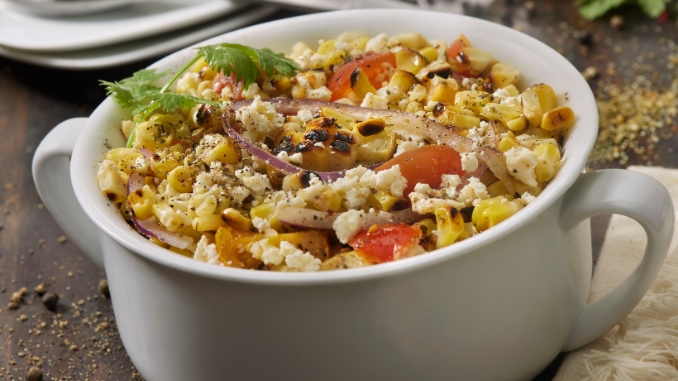
Ingredients
- Fresh corn cobs
- Cherry tomatoes
- Cucumber
- Red onion
- Fresh basil
- Lemon juice
- Olive oil
- Salt
- Pepper
Preparation
- Grill the corn until slightly charred, then slice off the kernels.
- Combine the corn with chopped tomatoes, cucumber, and red onion.
- Dress with lemon juice, olive oil, salt, and pepper.
- Toss in chopped basil before serving.
2. Corn and Zucchini Fritters
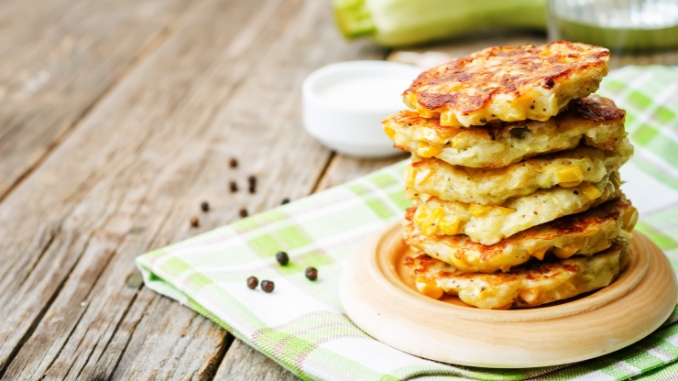
Ingredients
- Grated zucchini
- Fresh corn kernels
- Egg
- Whole wheat flour
- Garlic powder
- Onion powder
- Salt
- Pepper
Preparation
- Mix grated zucchini and corn kernels with whole wheat flour and egg to form a batter.
- Season with salt and pepper, onion and garlic powder.
- Pan-fry in a non-stick skillet with minimal olive oil until each side is golden brown.
3. Spicy Corn and Black Bean Salsa
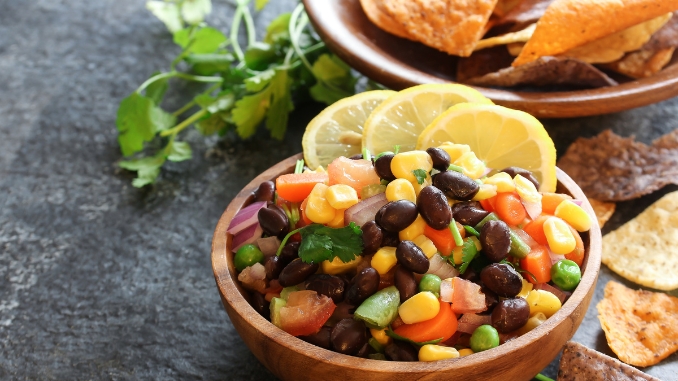
Ingredients
- Fresh corn kernels
- Black beans
- Diced tomatoes
- Diced red onion
- Chopped cilantro
- Lime juice
- Jalapeño
- Salt
- Pepper
Preparation
- Combine corn, black beans, tomatoes, and red onion in a bowl.
- Add finely chopped jalapeño (adjust amount based on heat preference), lime juice, and cilantro.
- Season with salt and pepper.
- Mix well.
- Serve as a dip or a side.
4. Corn and Sweet Potato Soup
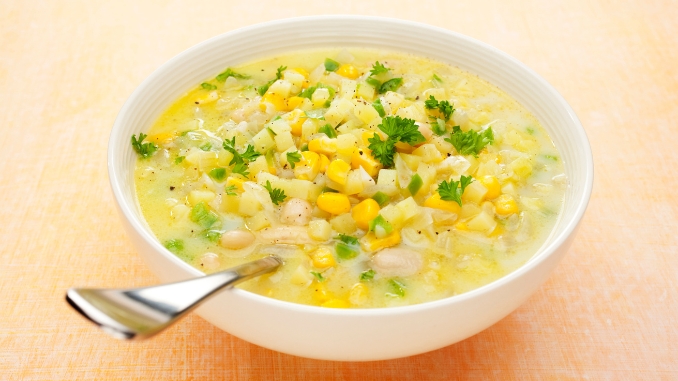
Ingredients
- Sweet potatoes
- Corn kernels
- Vegetable broth
- Onion
- Garlic
- Thyme
- Salt
- Pepper
Preparation
- Sauté onion and garlic until translucent.
- Add diced sweet potatoes and corn, then pour in vegetable broth.
- Simmer until potatoes are tender.
- Blend until smooth, then season with thyme, salt, and pepper.
- Serve hot.
5. Corn, Avocado, and Quinoa Salad
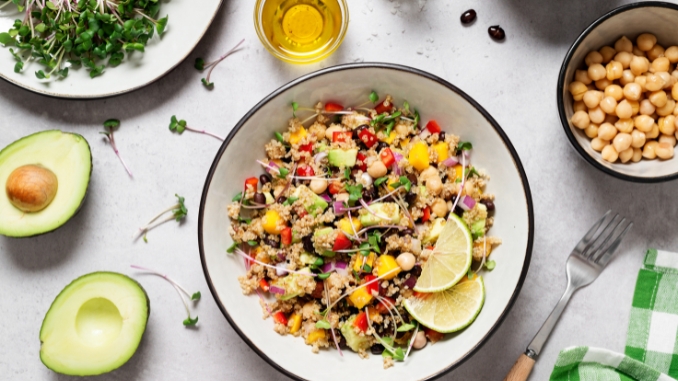
Ingredients
- Cooked quinoa
- Fresh corn kernels
- Ripe avocado
- Cherry tomatoes
- Lime dressing
- Cilantro
- Salt
- Pepper
Preparation
- Mix cooked quinoa with corn kernels, diced avocado, and halved cherry tomatoes.
- Add a dressing of lime juice and olive oil.
- Garnish with chopped cilantro, and season with salt and pepper.
These recipes demonstrate how corn can be used in various healthy dishes, satisfying and conducive to weight loss. Each recipe emphasizes fresh ingredients and simple preparations to enhance corn's natural flavors and nutritional health benefits.
Healthier Alternatives to Corn for Weight Loss
While corn can be a healthy addition to a weight-loss diet, some may prefer to explore alternative options. Here are a few alternatives to consider:
- Cauliflower: Cauliflower can be a versatile and low-calorie substitute for roasted corn. It can be used to create cauliflower "rice," roasted as a side dish, or blended into a creamy soup.
- Zucchini: Zucchini can be spiralized into noodles, grilled as a side dish, or used in baking recipes as a replacement for cornmeal.
- Peas: Peas are another nutritious option that can be enjoyed as a side dish, blended into a pesto sauce for pasta, or added to salads.
- Broccoli: Broccoli is a highly nutritious vegetable that can be roasted, steamed, or added to stir-fries for a low-calorie and fiber-rich option.
Remember, finding a variety of foods that you enjoy and that align with your individual dietary preferences is the key to successful weight loss goals.
The Importance of Portion Control When Consuming Corn
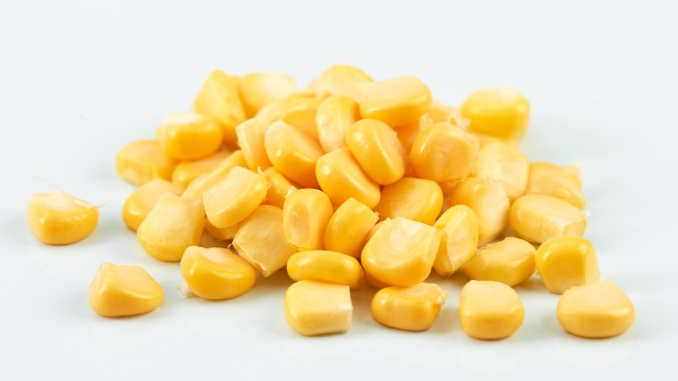
Corn can be a healthy component of a weight loss diet if consumed in proper portions.
A standard serving of corn, about one cup or 150 grams, packs roughly 177 calories, 4 grams of fiber, and various essential nutrients.
Combine corn with lean proteins like grilled chicken or fish and plenty of non-starchy vegetables for a balanced meal.
Choosing healthier cooking methods such as steaming, grilling, or boiling—rather than frying or using excessive butter or oil—also helps manage the calorie content.
Corn can effectively fit into a weight loss regimen by maintaining portion control and opting for mindful eating practices.
Corn-Based Weight Loss Supplements: Do They Work?
Corn-based weight loss supplements have become popular for their claims of boosting metabolism and reducing appetite.
While some compounds, like resistant starch, may have potential benefits, further studies are required to validate their effectiveness and safety.
It's best not to rely solely on supplements for weight loss; sustainable results are achieved through healthy eating, regular exercise, and lifestyle changes.
Consult a healthcare professional or dietitian before adding any weight loss supplement.
Corn Products and Weight Loss: Corn Syrup, Corn Chips, and More
When discussing corn in the context of weight loss, it's important to differentiate between whole and processed corn products.
Many products derived from corn, such as corn syrup and corn chips, are frequently consumed but may not always support weight loss goals.
Here's a closer look at these products and their impact on diet and weight management:
1. Corn Syrup
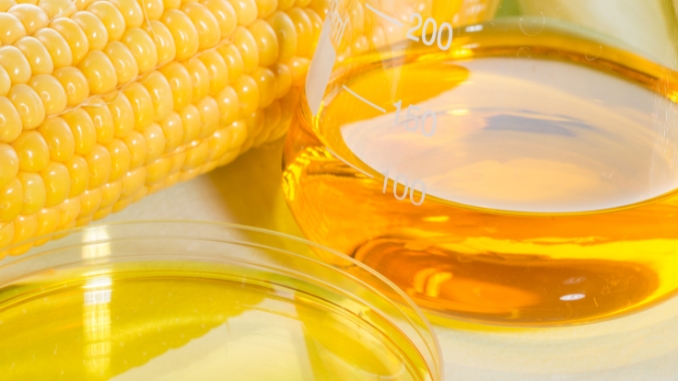
- Impact on Weight Loss: High-fructose corn syrup (HFCS) is a common sweetener in many beverages and processed foods. It is linked to weight gain when consumed in excess, largely due to its high-calorie content and ability to trigger insulin resistance and increase appetite.
- Considerations: It is advisable to limit foods and drinks containing HFCS, especially if you're trying to lose weight. These include sodas, candies, and certain baked goods, which contribute to calorie surplus without substantial nutritional benefits.
2. Corn Chips
- Impact on Weight Loss: Corn chips are typically high in calories and fats, especially when fried and salted. Regular consumption of corn chips can contribute to weight gain due to their rich calorie content and low satiety index.
- Considerations: To control the calorie and fat content, use baked corn chips with reduced salt or homemade versions. Pairing them with healthy dips like guacamole or salsa can help mitigate calorie intake while enhancing nutritional value.
3. Corn-based Snacks
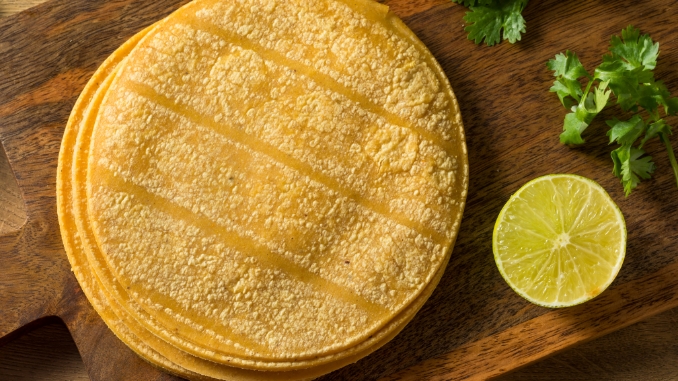
- Impact on Weight Loss: Other corn-based snacks like tortillas and popcorn can vary in their effects on weight loss. The key factors include how they are prepared and what is added.
- Considerations: Choose air-popped popcorn without butter or excessive salt for a low-calorie, fiber-rich snack. For tortillas, opt for those made from whole grains rather than refined flours to increase fiber intake and improve satiety.
4. Corn Flour
- Impact on Weight Loss: Corn flour, used in various baking and cooking processes, is a refined product that can contribute to weight gain if used excessively. It has a higher glycemic index than whole corn and can spike blood sugar levels.
- Considerations: Use corn flour in moderation and pair it with high-fiber and protein-rich foods to balance the meal and reduce the potential for rapid blood sugar increases.
5. Corn Oil
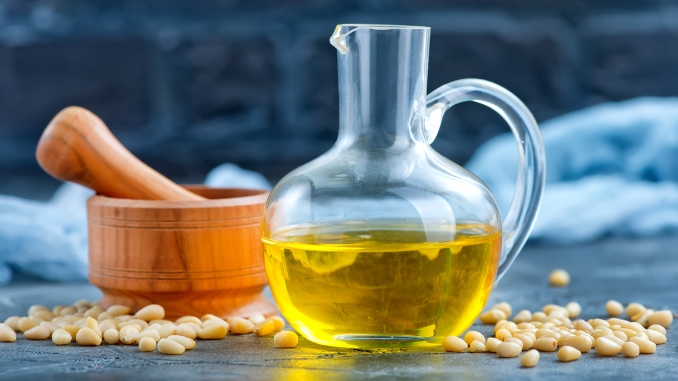
- Impact on Weight Loss: Corn oil is a refined vegetable oil high in polyunsaturated and monounsaturated fats but also calorie-dense. Using this oil in cooking can add significant calories to dishes, potentially impacting weight loss efforts.
- Considerations: Use corn oil sparingly in cooking and dressings to limit overall calorie intake. Opting for cooking methods requiring less oil, such as baking or steaming, can help maintain a healthier diet.
6. Alternative Corn Products
- Impact on Weight Loss: Products like cornmeal used in baking and cooking can be part of a weight loss diet if used in moderation and balanced with other nutrient-dense ingredients.
- Considerations: Use cornmeal in recipes with plenty of vegetables and lean proteins. Be mindful of the portion sizes to keep the overall calorie count in check.
While whole corn can be a nutritious part of a weight loss diet when prepared healthily, many corn-derived products may be less beneficial for weight management due to their processing, additives, and cooking methods. When incorporating corn products, consider the preparation and overall dietary context.
Conclusion: Corn as Part of a Balanced Weight Loss Plan
Corn can be beneficial for a weight loss diet when eaten in moderation and prepared healthily.
It offers essential nutrients and dietary fiber, promoting fullness and satisfaction. Although corn contains calories, it can still fit into a well-rounded weight-loss strategy when combined with other nutrient-rich foods.
Effective portion control and mindful eating are essential for integrating corn into your diet without compromising your weight loss objectives.
Weight loss depends on the total balance of your diet and lifestyle, not just on individual foods.
By making informed dietary choices and maintaining a balanced approach, you can incorporate corn into your meals and progress towards your weight loss goals.
Are you hungry yet? Remember that watching your weight does not have to make you miserable. Don’t waste your time on ‘rabbit food’ that will only leave you wanting more. So check out this 14 Filling Meals that Flatten Your Belly- Cookbook now!

